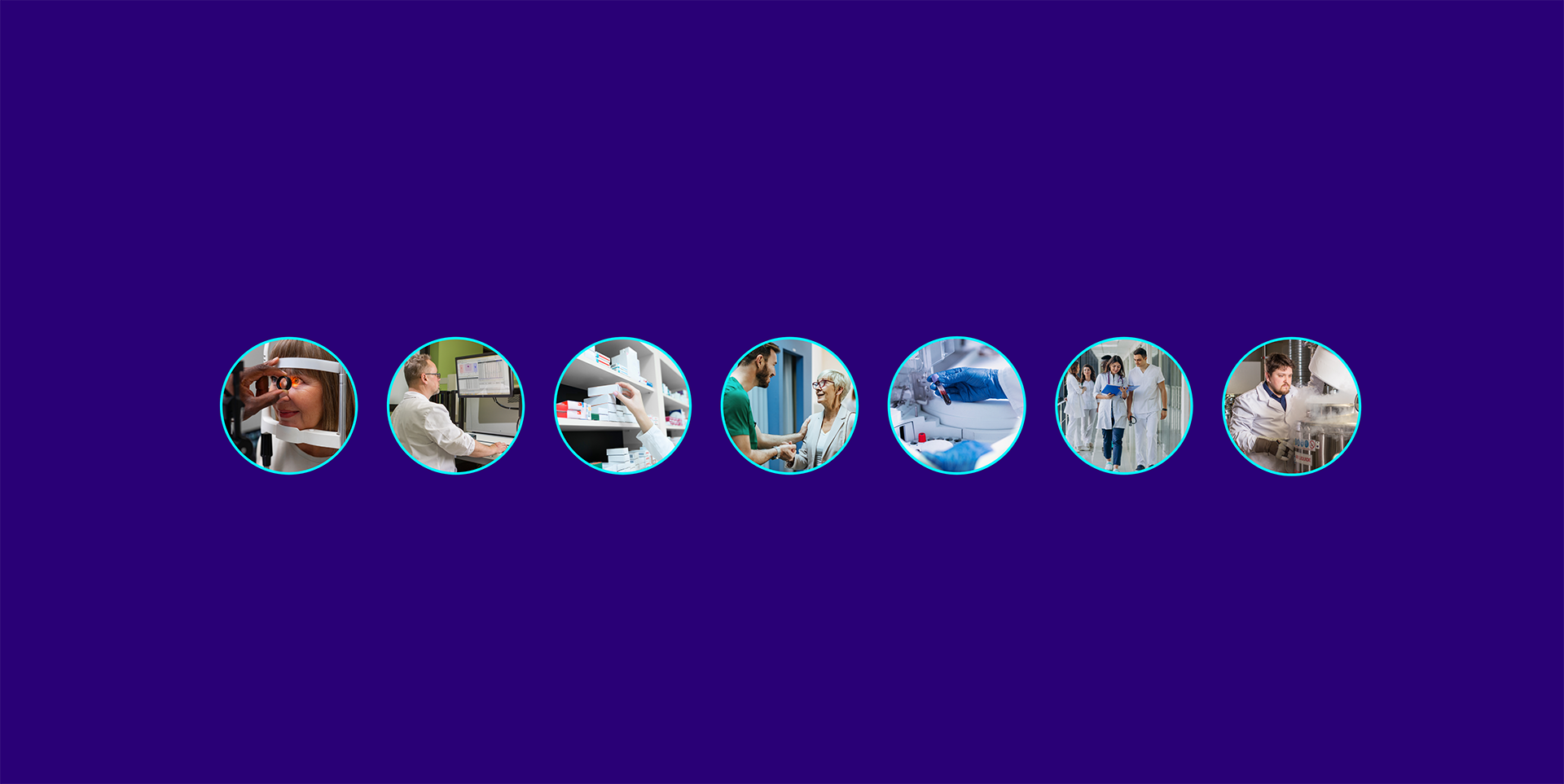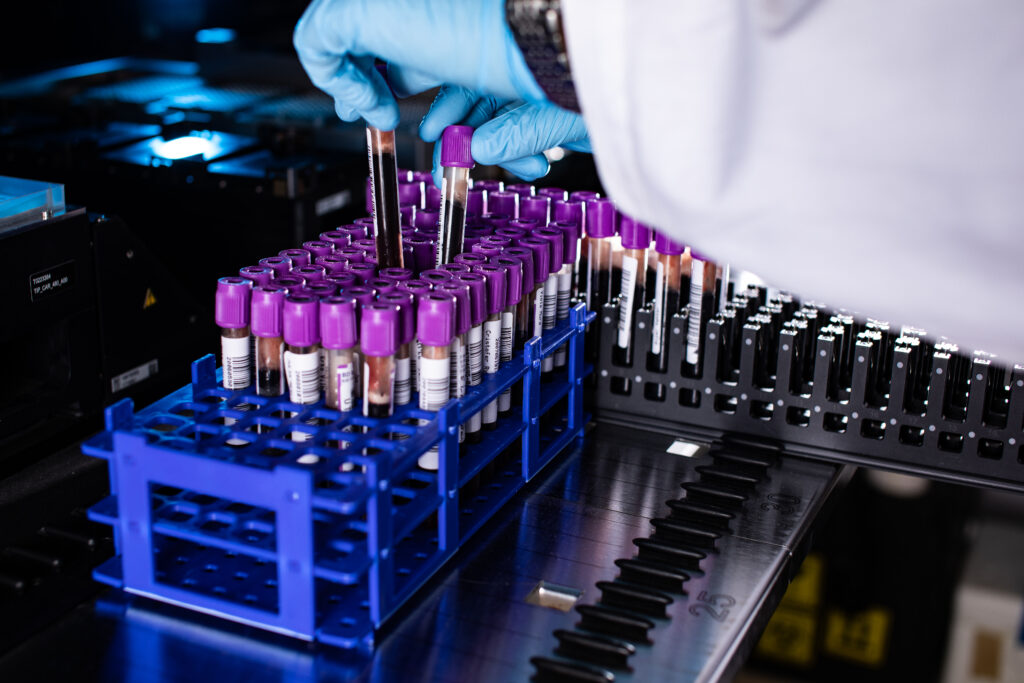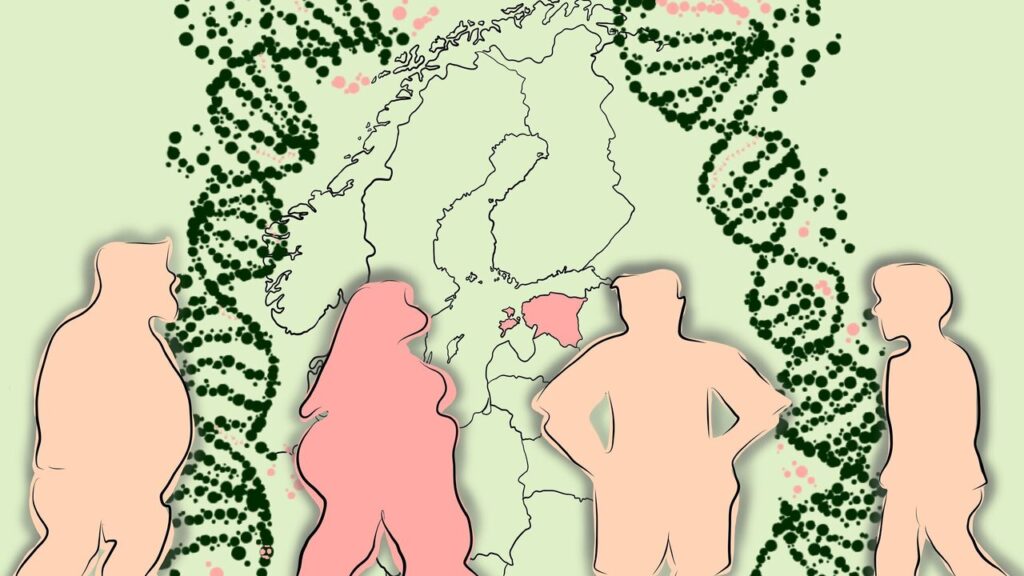
About
Founded in 2023, the TeamPerMed Center for Data-Enriched Personalised Medicine at the University of Tartu and Tartu University Hospital is working to advance personalised medicine and healthcare transformation in Estonia. Our multidisciplinary centre brings together expertise in genomics, bioinformatics, data science, clinical medicine, public health and socio-economic analysis.

In collaboration with University of Helsinki, Erasmus Medical Centre and Erasmus University Rotterdam, we are developing a scalable framework to translate genomic, health, lifestyle and environmental data into personalised medicine tools. These tools aim to support clinical decision-making by guiding prevention and treatment strategies for chronic and hereditary diseases.
TeamPerMed research is focused on applying AI and real-world data from registries, biobanks and electronic health records to identify high-risk individuals early and explore targeted interventions to help prevent or delay disease.
Over the coming years, we will develop clinically relevant tools, including polygenic risk scores, pharmacogenomic applications and clinical decision support systems. These will be validated through (pre)clinical trials, considering the perspectives of clinicians, patients and healthcare systems. Our research also examines the feasibility of integrating these innovations into clinical practice and public health, alongside their socio-economic and long-term health implications.
News
Focus areas

Advocating for and supporting policy development
around health data in Estonia and Europe
We provide input to healthcare decision makers on matters related to health data as well as the development of infrastructure and legal frameworks concerning patient genetic data. Our aim is to support the Estonian government in the goal of rendering all health data interoperable, while also conducting pilot projects in “data-driven decision-making in medicine and health system”.

Cardiology program: Piloting data-driven healthcare tools for different target groups
In close collaboration with cardiologists, we will pilot data-driven healthcare tools in the field of cardiology to create a scalable personalized medicine framework. This initiative combines data science, medical practice, clinical trials, genetics, pharmacogenomics, socio-economic analysis and health policy.

Supporting the implementation of pharmacogenetics in healthcare
We strive to improve healthcare datasets on drug side effects and adherence records, while also advocating for the implementation of pharmacogenetics services for patients in Estonia and elsewhere in Europe.

Creating specialized study programs and raising public awareness
We develop courses, training materials and open learning formats to strengthen competencies in personalised and data-enriched medicine. In parallel, we raise awareness among patients and the general public to support the responsible adoption of personalised medicine in healthcare.
Measurable objectives by 2029
Complete
3 interdisciplinary pilot research projects to validate the TeamPerMed research pipeline.
Publish
at least 50 articles in high-impact journals and present findings at a minimum of 50 leading conferences.
Develop
at least 20 white papers to support healthcare, research, and innovation policy, as well as best practices in personalised medicine research.
Submit
at least 30 international research proposals, securing funding for at least six, with three led by TeamPerMed.
Establish
at least 5 formal contracts or partnerships with industrial collaborators.
Create
at least 12 tailored courses for students, doctors, and policymakers.
Organise
at least 50 workshops to raise awareness of personalised medicine and address potential concerns among doctors, patients and the general public.
Train
at least 3,000 healthcare professionals, researchers, and students in the application of personalised medicine in healthcare.
Validate
at least six personalised medicine tools for data mining, genetic risk identification, impact assessment and related applications.




